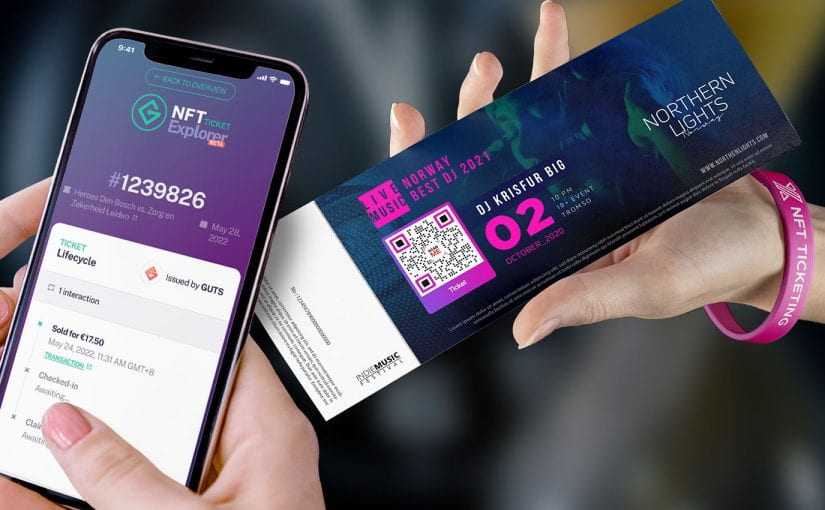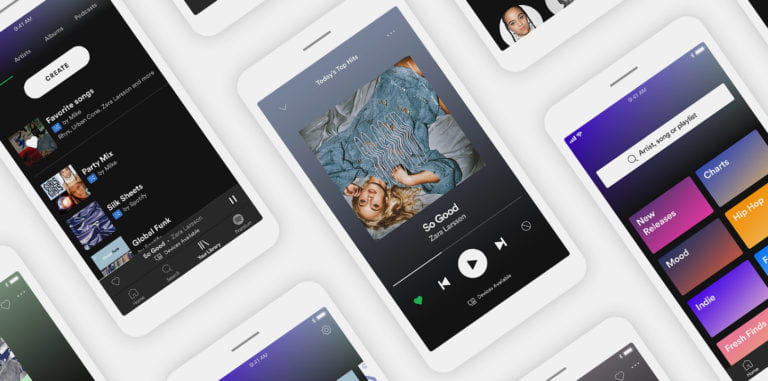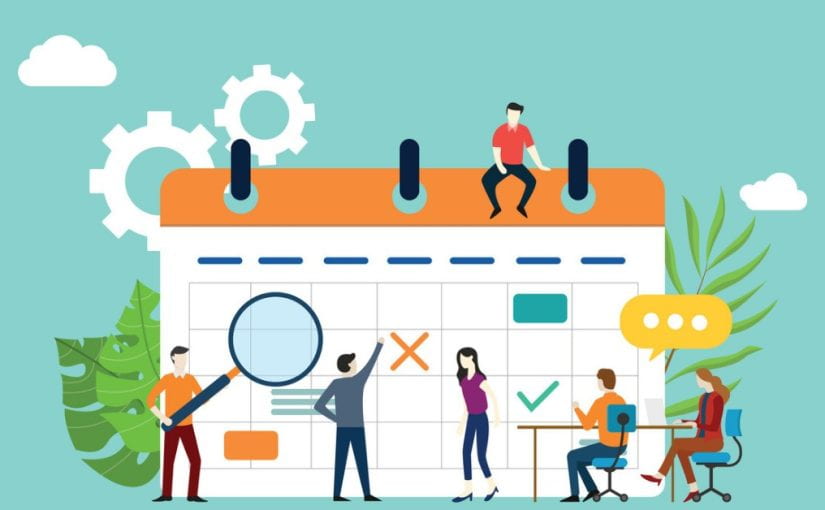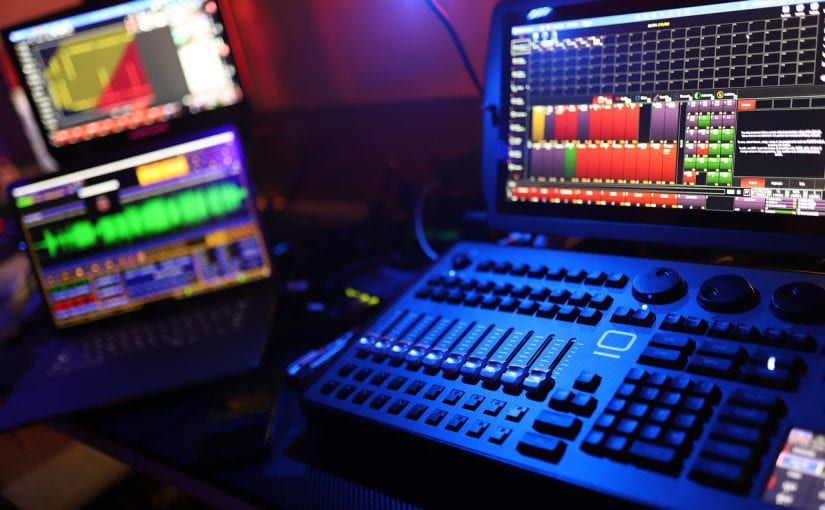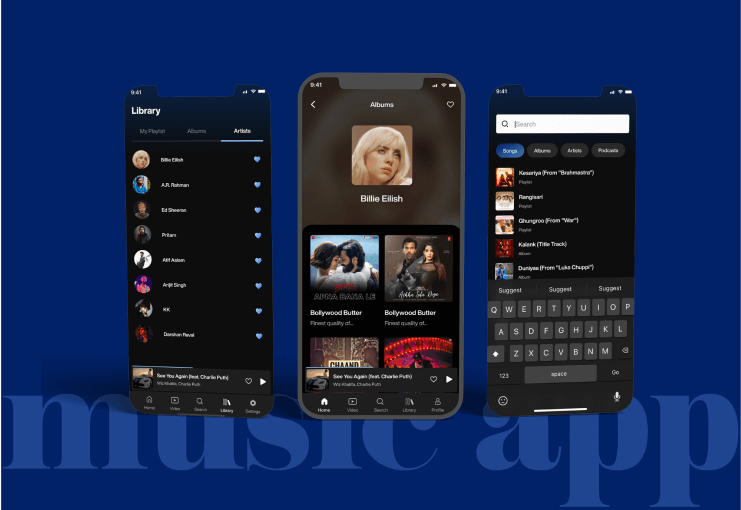The ticketing industry, valued at over $70 billion globally, faces persistent challenges around fraud, scalping, and lack of transparency. High-profile incidents — from counterfeit tickets at major concerts to sky-high resale prices for sporting events — have exposed the flaws of traditional ticketing systems.
Blockchain technology, known for its secure and transparent nature, offers a groundbreaking solution to these problems. By decentralizing ticket issuance and resale, blockchain has the potential to create a more secure, fair, and efficient ticketing ecosystem.
Current Challenges in the Ticketing Industry
Despite technological advancements, ticketing systems remain vulnerable to several key issues:
Scalping and Price Gouging
- Automated bots often buy large quantities of tickets the moment they’re released, only to resell them at inflated prices on secondary markets.
- According to a report by the UK government, up to 30% of tickets for major events are bought by bots, leading to unfair access for genuine fans.
- The lack of regulation in secondary markets allows resellers to exploit demand without repercussions.
Counterfeit and Fake Tickets
- Traditional tickets (even digital ones) are easy to duplicate or forge.
- QR codes and barcodes can be copied and sold multiple times.
- Fans frequently discover their tickets are invalid only at the entrance, leading to financial loss and disappointment.
Lack of Transparency
- Buyers have no visibility into the history of a ticket, such as who originally purchased it or how many times it has been resold.
- Hidden fees and unpredictable secondary market prices further erode consumer trust.
Transfer and Access Issues
- Lost or stolen tickets are difficult to trace or recover.
- Transferring tickets often requires third-party platforms that charge high fees and offer limited security.
How Blockchain Solves These Issues?
Blockchain introduces a decentralized, immutable ledger that records every transaction. This technology ensures that each ticket is unique, traceable, and secure. Let’s explore how blockchain-based event management system in PHP address the core issues in the industry:
Elimination of Counterfeit Tickets
Blockchain creates a tamper-proof record for every ticket, ensuring authenticity:
- Tickets are issued as non-fungible tokens (NFTs) on a blockchain network.
- Each ticket has a unique identifier that cannot be duplicated or modified.
- QR codes and barcodes are cryptographically tied to the blockchain ledger, making forgery impossible.
- Only tickets verified through the blockchain can be scanned for entry.
Example:
The UEFA Champions League has experimented with blockchain-based ticketing to prevent counterfeiting. The system allows event organizers to track each ticket’s journey and verify authenticity at the gate.
Control Over Resale and Pricing
Smart contracts (self-executing contracts stored on a blockchain) enable fair resale pricing and control over ticket distribution:
- Event organizers can program rules into the smart contract to:
- Limit resale prices to a specific percentage above face value.
- Restrict the number of tickets a single buyer can purchase.
- Prevent resale until a specific date.
- Limit resale prices to a specific percentage above face value.
- Resale profits can be shared between the organizer, artist, and even the original buyer.
- Transactions are automated and require no intermediaries, reducing fees and enhancing security.
Example:
In 2022, Guts Tickets, a Dutch blockchain ticketing platform, enabled artists to cap resale prices at 20% above the original ticket value — protecting fans from scalping while ensuring fair access.
Full Transparency and Provenance
Every transaction related to a ticket is recorded on the blockchain, creating an unalterable history:
- Buyers can view the entire history of a ticket — including its original price, resale history, and past ownership.
- Event organizers can track ticket movement and identify suspicious activity (e.g., mass purchases by bots).
- Real-time data helps organizers make informed decisions on ticket distribution and pricing.
Example:
The NBA partnered with blockchain platform Dapper Labs to track ticket resale activity, providing full transparency to buyers and reducing fraud.
Secure and Seamless Transfers
Blockchain-based tickets can be securely transferred between individuals without relying on third-party platforms:
- Transfers are logged on the blockchain, updating ownership in real-time.
- If a ticket is lost or stolen, the organizer can void it and issue a replacement through the blockchain.
- Peer-to-peer transfers can be done without transaction fees or delays.
Example:
The Paris Saint-Germain (PSG) football club used blockchain to issue match tickets, allowing fans to securely transfer tickets among themselves while preventing scalping.
Enhanced Fan Engagement and Personalization
Blockchain-based tickets go beyond entry — they can be used to deliver unique fan experiences:
- NFT tickets can double as collectibles or digital memorabilia.
- Organizers can use blockchain to reward loyal fans with exclusive content, merchandise, or early access to future events.
- Smart contracts can enable perks like automatic seat upgrades or VIP access based on fan behavior.
Example:
Coachella launched NFT-based lifetime passes on the Solana blockchain, giving holders exclusive backstage access and lifetime entry to the festival.
Industries Adopting Blockchain Ticketing
Several industries are already exploring or adopting blockchain-based ticketing systems:
| Industry | Example | Impact |
| Sports | UEFA Champions League, NBA | Eliminated counterfeiting and improved resale control |
| Music | Coachella, Guts Tickets | Ensured fair pricing and enhanced fan experiences |
| Theater | West End (London) trials | Reduced scalping and ensured authenticity |
| Festivals | Tomorrowland, Burning Man | Provided secure transfers and collectible NFTs |
Future of Blockchain in Ticketing
The shift toward blockchain-based ticketing is accelerating due to its ability to increase security, reduce fraud, and improve fan trust. Here’s what the future holds:
✅ Mainstream Adoption: More event organizers and ticketing platforms will integrate blockchain technology into their systems.
✅ Integration with Digital Wallets: Fans will store tickets in crypto wallets, streamlining access and transfers.
✅ Dynamic Pricing and Fan Incentives: Smart contracts will enable real-time pricing adjustments based on demand while rewarding loyal buyers.
✅ Hybrid Ticketing Models: A mix of traditional and blockchain-based ticketing will emerge, allowing a smoother transition for the industry.
Conclusion
Blockchain technology has the potential to transform the ticketing industry by eliminating fraud, improving transparency, and empowering fans. By replacing outdated systems with secure, decentralized networks, event organizers can create a fairer and more efficient ticketing experience.
Blockchain isn’t just fixing ticketing — it’s redefining it. The future of ticketing lies in secure, transparent, and fan-friendly systems built on blockchain. The days of fake tickets and price gouging could soon be over — and that’s a win for everyone.
